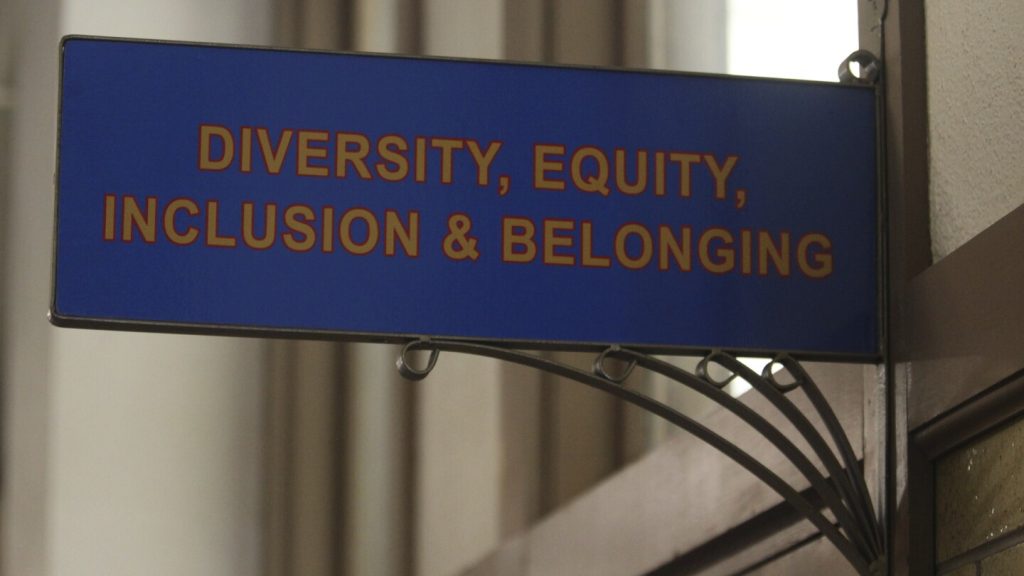A conservative movement to limit diversity, equity, and inclusion initiatives is gaining momentum in state capitals and college governing boards across the United States. Tennessee recently signed legislation that prohibits financial institutions from considering participation in DEI training or social justice programs. Kansas also passed a law prohibiting the use of diversity, equity, or inclusion statements in decisions about student admissions, financial aid, or employment at higher education institutions. Iowa’s legislature approved a budget bill banning all DEI offices and initiatives in higher education that are not necessary for compliance with accreditation or federal law.
Republican lawmakers in about two dozen states have introduced bills to restrict DEI initiatives, while Democrats in about 20 states have sponsored supportive measures. In total, lawmakers have proposed approximately 150 bills this year that either limit or promote DEI efforts. Conservative groups have expressed concerns that DEI initiatives prioritize racial or gender identity over individual merit, leading to calls to abolish DEI in all American institutions. Organizations like the National Association of Diversity Officers in Higher Education argue that the weaponization of the term DEI is hindering progress towards addressing discriminatory practices.
Several states have passed anti-DEI laws, with Florida and Texas being the first to adopt broad-based bans on DEI efforts in higher education. Republican governors in Alabama and Utah also signed laws restricting DEI efforts in K-12 schools and state government. Universities in Texas and Florida have eliminated dozens of DEI-related jobs in response to the legislation. Other states like Idaho, Wyoming, and Indiana have passed laws restricting the use of state funds for DEI efforts at higher education institutions, while Wisconsin’s governor vetoed a similar bill. Some universities have revised their practices regarding DEI under political pressure, including the University of Wisconsin, which eliminated diversity statements on student applications.
Despite the backlash against DEI initiatives in some states, Democratic-led states continue to push for legislation expanding diversity, equity, and inclusion efforts. Washington has required these concepts to be integrated into updated state learning standards for public K-12 schools, while Maryland’s General Assembly passed a law mandating a director of diversity, equity, and inclusion in the state’s retirement system. Some budget proposals in states like Oregon allocate funding for specific DEI initiatives, such as a recent $50,000 initiative for the Columbia River Gorge Commission. Overall, the debate over DEI initiatives continues to be a contentious issue in state governments and higher education institutions nationwide.


